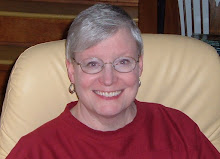Wow, check this out! It's an online article for Inverse, written by a woman named Lauren Sarner. It appeared yesterday, Oct. 27, 2015.
Here is the link to the article: https://www.inverse.com/article/7473-send-sherlock-to-the-future
She talks about the BBC's Sherlock series and an upcoming special. She also very favorably mentions one of my husband's older books, Time for Sherlock Holmes. It was first published by Dodd, Mead in 1983, but the latest, updated versions (e-book and paperback) are from 2010 and 2011.
Both are for sale on Amazon. Look for the edition with the black background and the photo of Mars.
Next to his three Star Trek novels, this one sold the most copies in the past. It's nice to see it coming back to life. Thanks a lot, Lauren!
David's website, with details about all of his 27 published books (fiction and nonfiction): www.dvorkin.com
